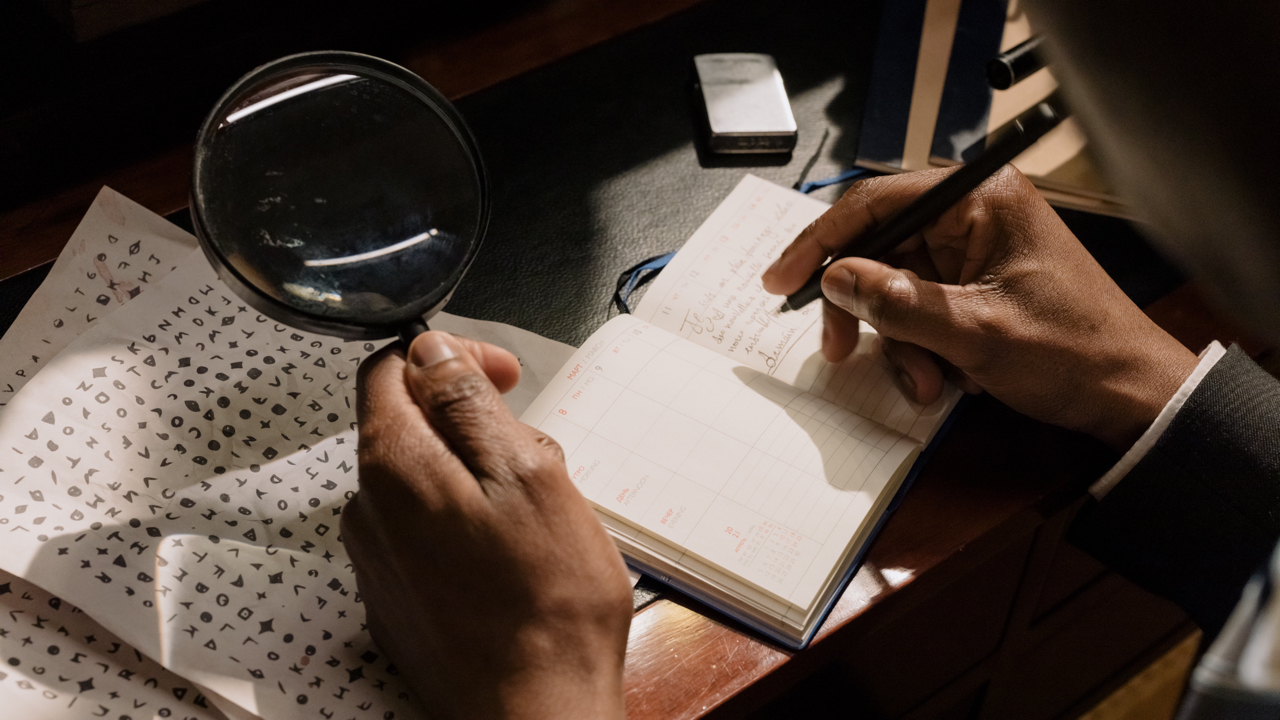
The Hidden Mystery Behind Triggers
Jan 12, 2023A trigger, within the context of addiction, refers to anything that sets off a craving for a substance or unhelpful behaviour. A trigger can also refer to stimuli which has been linked to previous substance use or engagement in unhelpful behaviours. Some common triggers include work-related stress, boredom, and being in certain places or around certain people.
These triggers can be anything that reminds the person of previous use or acting out behaviour.
It can be challenging to pinpoint triggers, particularly for people who are at the start of their recovery, however there are tools you can use to start clearly identifying them. Keeping a record or journal of the thoughts and emotions leading up to a craving or lapse can be beneficial in determining patterns and outlining specific triggers. Developing a triggers list follows in this process. Think of specific people, places, times of day, days of the week, smells, sounds, weather, or sensations, all of which are linked to previous use or acting out behaviours. When we engage in any behaviour our brain creates mental codes. It will pick up on cues from our surroundings when we engage in a behaviour and will create associations in the brain. There is nothing wrong with these triggers or having triggers in the first place, they are all designed to keep us safe and alive.
So when you used or acted out to manage feelings of distress (or a perceived threat), it usually meant you felt a sense of relief or release. Overtime your brain has taught you that in order to manage a “threat”, engaging in those behaviours meant you were no longer in a state of distress or at risk. Typically, these unhelpful behaviours occur at a specific time, on specific days, with specific people and sometimes in a particular location. This means that these specific elements can become triggering as our brain has created these mental codes and associations.
Once you have identified the things that trigger substance use or cravings, you can start to manage addiction more effectively. You can start to develop healthy ways to manage triggers such as stress through exercise or therapy or find ways to avoid or limit your exposure to your triggers. You might also want to enlist the support of friends, family, or a support group (AKA your “team”) to help you stay on track.
Recovery is a process which can take some time and effort. However, with the right tools and guidance you truly can regain control of your life and overcome addiction.
The fact is, triggers cannot always be avoided and cravings or lapses do not mean you have “failed”. Having a strategy in place to deal with these triggers is essential, as is reaching out for assistance when required. It's okay to experience triggers, and it is not a sign of weakness.

